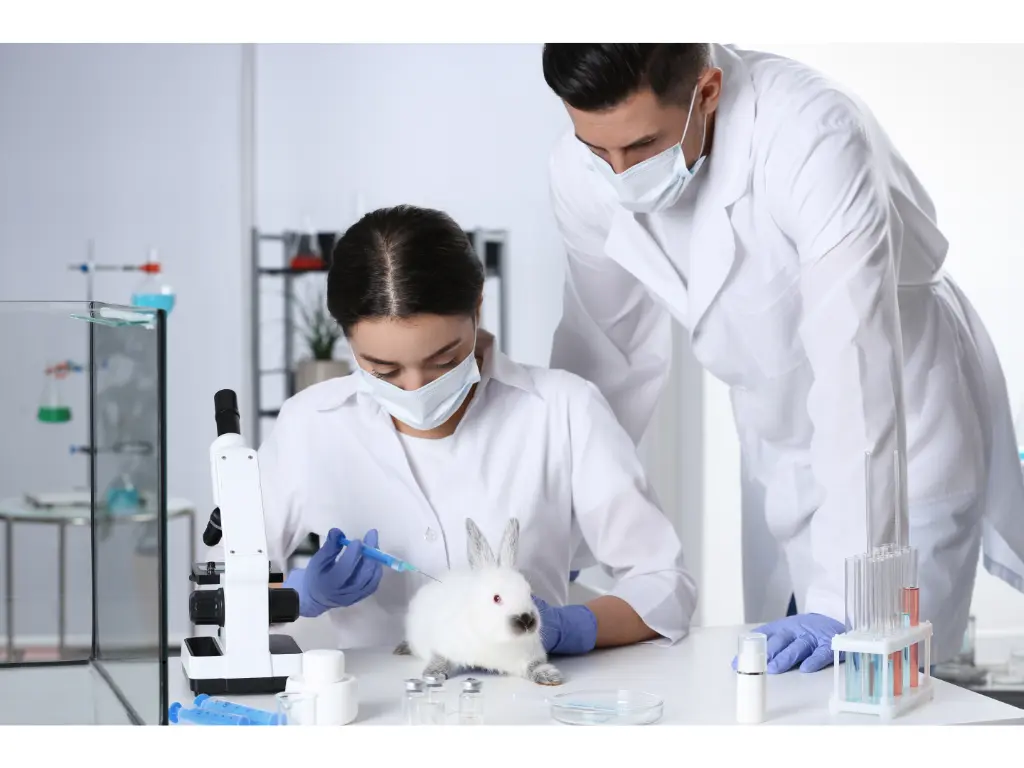

Reference source : Official Journal of the Federal Government of Brazil
Latin America Brazil Cosmetics Regulation Personal Care Products Animal Testing Ban Animal Welfare Safety Assessment Regulatory Update
A groundbreaking law passed by the Brazilian government on July 30, 2025, now prohibits the use of animals in testing cosmetics, personal care products, and perfumes, as well as their ingredients. The new legislation, signed by President Luiz Inácio Lula da Silva, marks a significant step forward in the nation's efforts to strengthen animal welfare protection.
The law amends two critical pieces of legislation, Law No. 11,794 (2008) and Law No. 6,360 (1976), to explicitly ban the testing of products and ingredients on vertebrate animals, including those used for safety, efficacy, or danger assessments. It also introduces stricter labeling rules for products that may have been tested on animals before the law's entry into force.
Key Provisions
Under the revised Law No. 11,794, the following provisions stand out:
Prohibition on Animal Testing: Sections 11 and 12 of the amended law clearly prohibit testing on vertebrate animals is prohibited for both finished products and ingredients used in personal care, cosmetics, and perfumes. This includes any testing conducted to evaluate the safety, efficacy, or potential harm of the substances.
Restrictions on Animal-Test Data: Data from animal testing carried out after the law’s enforcement will no longer be admissible for the approval or commercialization of personal care products. This also applies to any animal test data used to substantiate safety claims for the ingredients.
Labeling Prohibition: Manufacturers whose products' safety has been certified through post-enforcement animal testing will not be allowed to label or advertise their products as "cruelty-free" or "not tested on animals." This aims to ensure transparency and prevent misleading claims.
Alternative Testing Methods: The law prioritizes the use of internationally recognized and validated alternative testing methods. It requires the competent authorities to promote and expedite the recognition and adoption of these methods, ensuring they become widespread throughout the nation.
Exemptions in Exceptional Circumstances: In rare cases where a cosmetic ingredient poses a significant health risk, and no viable alternative testing method exists, an exemption my be granted by the National Commission for the Control of Animal Experimentation.
Implementation and Enforcement
Health authorities have a maximum of two years to implement and regulate these new rules. Specifically, the they are required to:
Promote Alternative Testing: Create a strategic plan for the adoption of alternative testing methods across Brazil.
Monitor Compliance: Establish measures to ensure that companies do rely on post-enforcement animal testing data for regulatory purposes.
Ensure Accurate Labeling: Enforce regulations on the labeling of cruelty-free claims and ensure they align with the new legislation.
The amendment also adds a specific clause to Law No. 6,360 (1976), making compliance with the animal testing ban a prerequisite for product registration under Brazil’s health authority, Anvisa.
A Step Toward Global Change
Brazil’s landmark decision positions the country as a global leader in ethical treatment of animals, aligning with international trends as more nations move to prohibit animal testing for cosmetics. While several countries have already implemented similar restrictions, Brazil stands out as one of the largest emerging markets to take such decisive action.
This shift is expected to encourage many companies to embrace innovative, cruelty-free methods in their production processes, which could lead to broader changes across the global beauty and cosmetics industry. It is also seen as a major victory for animal rights groups that have long advocated for such bans in the fight for humane testing practices.
The law took effect immediately following its publication, marking a historic day for Brazil and animal welfare advocates alike. For further details, see the full text of the Law (in Portuguese) here.
If you want to access the GHS report, please Register here in GPC Intelligence Portal click here
